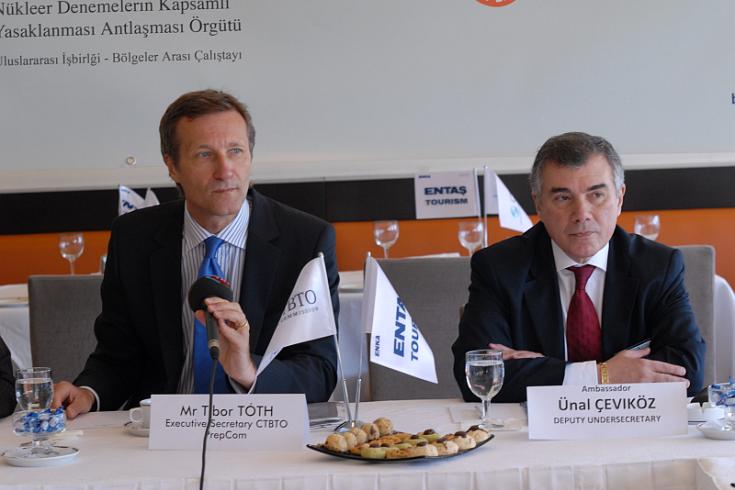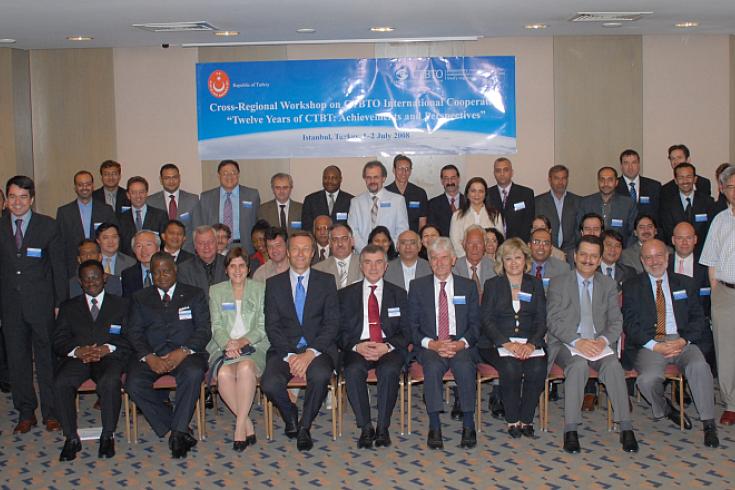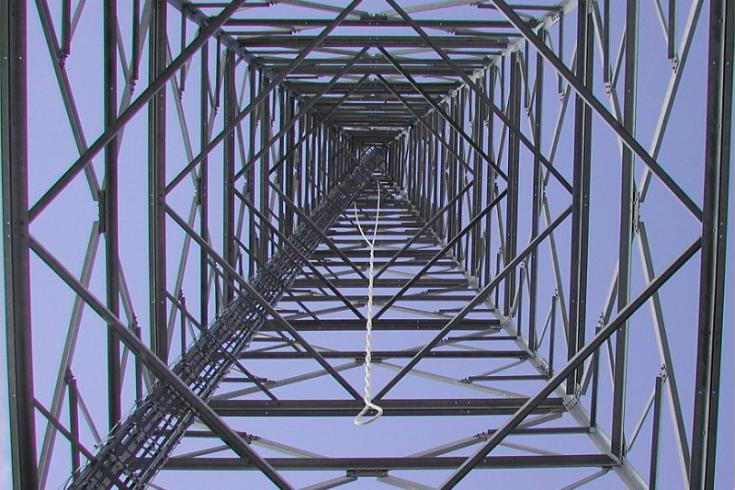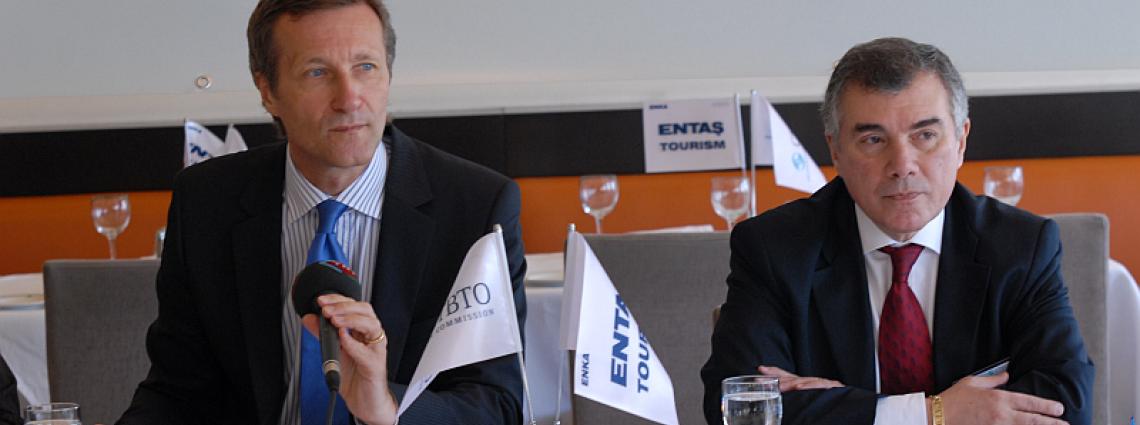Comprehensive Nuclear Test-Ban-Treaty (CTBT) plays key role in nuclear non-proliferation and disarmament

Tibor Tóth and Amb. Ünal Çeviköz at a press conference organized during the workshop.
Turkey’s support for global disarmament
32 States participate in cross-regional workshop in Istanbul from 1-2 July 2008

Workshop participants in Istanbul.
CTBT as catalyst for nuclear disarmament
The keynote speaker, Ambassador Jaap Ramaker, the Special Representative to promote the ratification process of the CTBT, informed the workshop that: “Ratification of the CTBT by all five NPT nuclear weapon states would constitute the proverbial litmus test of their seriousness when it comes to nuclear arms control and disarmament. All five would (re-)gain in political credibility.” Oliver Meier from the Arms Control Association concluded in his presentation that “Perspectives for CTBT entry into force are better than they have been for many years, if current opportunities for making progress are exploited by CTBT supporters and holdouts.” He stressed the importance of continued political pressure on “holdout states” to ratify the Treaty so that it can enter into force.
Turkey’s support for global disarmament
Potential use of CTBT verification data for disaster mitigation
Participants were also informed of the potential civil and scientific benefits of the CTBT for Member States. These benefits include the use of verification technologies for the detection of earthquakes and accidental radioactive releases, the forecasting of volcanic explosions, and the location of underwater explosions. The use of CTBT verification data for tsunami warning purposes was also addressed in a presentation by Masahiro Yamamoto from UNESCO on the tsunami warning system in the Arabic Sea. The CTBTO is already providing data to organizations devoted to tsunami warning in Australia, Japan, Malaysia and the United States (Hawaii) and will soon provide several more organizations in the Pacific and Indian Oceans with the fastest and most reliable seismic and hydroacoustic data available to enhance their ability to issue timely and reliable tsunami alerts.
Earthquake monitoring centre
Foreign Minister asked to help promote CTBT ratification

Primary seismic station PS43 was certified on 22 December 2003.
9 Jul 2008
